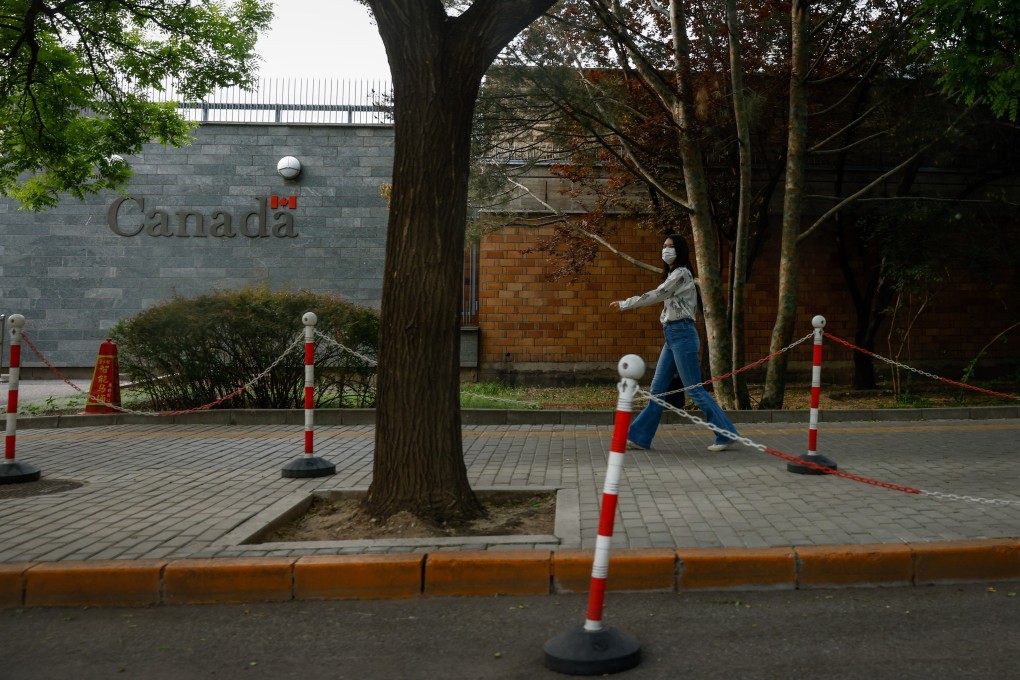Advertisement
Letters | Canada mustn’t be sucked into the vortex of America’s China policy
- Readers discuss deteriorating China-Canada relations, Cathay Pacific’s flagship carrier status, the replacement of liberal studies, and the rising number of Hong Kong students struggling with mental health
Reading Time:4 minutes
Why you can trust SCMP
4

Feel strongly about these letters, or any other aspects of the news? Share your views by emailing us your Letter to the Editor at [email protected] or filling in this Google form. Submissions should not exceed 400 words, and must include your full name and address, plus a phone number for verification.
Allegations of Chinese interference in Canadian politics are in the news again. This time, the allegation that Beijing had tried to influence the outcome of Canada’s federal elections in 2019 and 2021 and intimidate a Canadian opposition lawmaker has led to the expulsion of a Chinese diplomat from Canada.
China has retaliated by booting out a Canadian envoy, and the row continues to escalate.
Advertisement
According to the Globe and Mail, citing a classified Canadian intelligence document, China favoured a Liberal government in Canada. One can’t help but be reminded of the American election interference allegations, where the Republicans claimed the Democrats were aided by China while the Democrats believed the Trump campaign was aided by the Russians.
The thing is, these Canadian allegations don’t add up. At least not the part about China’s preference of a minority government led by Justin Trudeau’s Liberal Party.
Advertisement
As someone who has voted in every Canadian election since turning 18, I remember very clearly the previous administration. If anything, it was the Conservative Party under Stephen Harper that enjoyed good relations with China.
Advertisement
Select Voice
Select Speed
1.00x